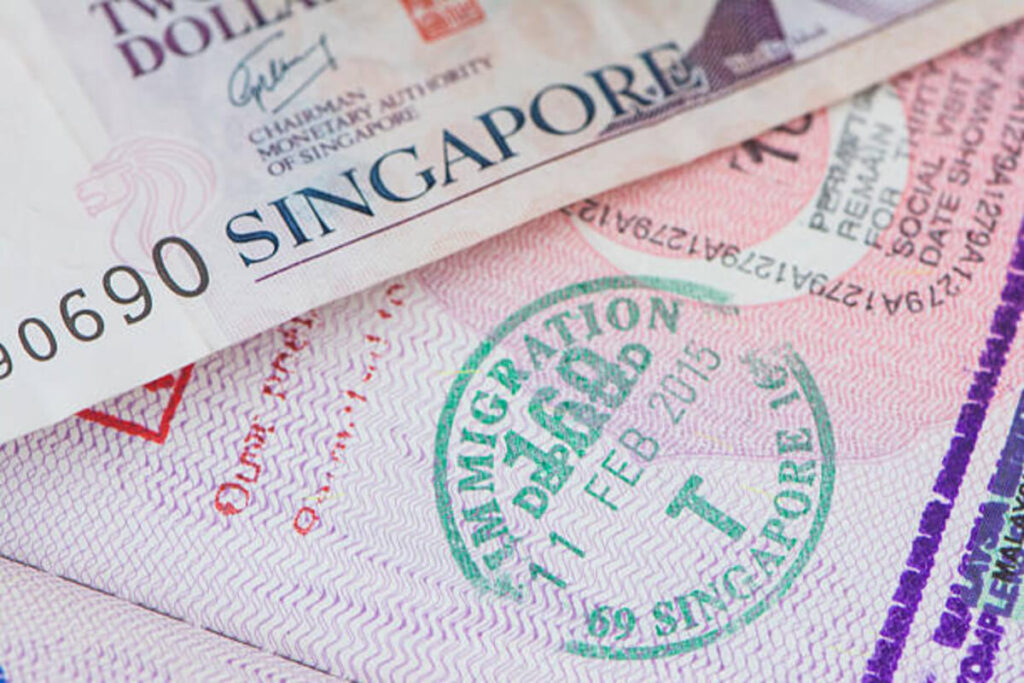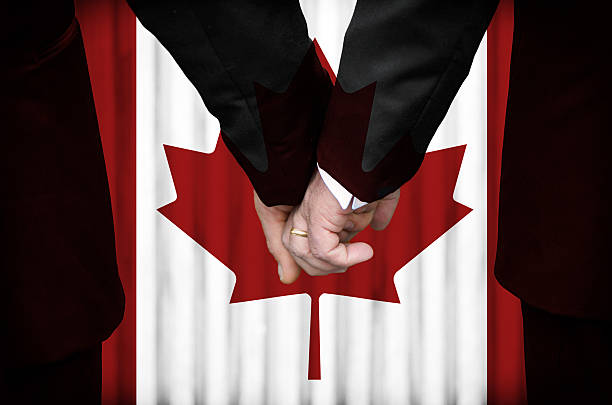Planning to move abroad is exciting, but the financial side can be overwhelming if you’re not careful. Many people rush into it without a clear budget or income plan, only to find themselves struggling in a new country. The good news is, there are simple and practical ways to make your dream move without draining your bank account.
Advertisement
Understanding how to finance your move abroad without going broke can save you from stress, debt, and unnecessary hardship. This guide breaks everything down clearly how to save, where to earn, and how to keep costs low so you can relocate with confidence and peace of mind.
Start With a Clear Budget Plan
Before you do anything, make a clear budget. List your main costs like plane tickets, visa fees, first rent payments, and moving expenses. Don’t forget daily costs like food, transport, and phone bills. Add a 20% extra margin to cover unexpected fees or emergencies.
Advertisement

A basic spreadsheet or a free budgeting app will help you track everything. When you know the real numbers, you avoid financial shocks later. This step helps you stay realistic and focused. Many people skip it and overspend fast. Planning ahead gives you control and confidence. You move knowing exactly how much you need and why.
- List what your move will cost: flights, visa fees, housing deposits, shipping, and first-month expenses.
- Add a 20% buffer for surprise costs.
- Use a budgeting app or spreadsheet to track everything.
Read: Proven Study Strategies for Passing English Language Tests
Save Before You Go
Start saving early. Cut non-essential expenses like streaming services, daily coffee runs, and unnecessary shopping. Set a savings goal based on your budget, then break it down into weekly or monthly targets. Sell unused items like clothes, gadgets, or furniture for quick cash.
Get a part-time job, deliver food, or freelance online to build up funds faster. Open a separate savings account to avoid spending it. Even a few hundred dollars can make a big difference abroad. Saving in advance means less stress when you land. You’ll avoid running out of money and buying time to settle in calmly.
- Cut extra expenses (subscriptions, dining out, shopping).
- Pick up a side job or freelance work to build a savings cushion.
- Sell items you don’t need to raise fast cash.
Pick a Country With a Lower Cost of Living
Choosing the right country is one of the smartest financial moves. Some countries cost far less to live in than others. Places like Vietnam, Mexico, Georgia, and Portugal offer a good quality of life at a lower price. Rent, food, and services can be a fraction of what you pay at home.
Use cost comparison tools online to see how your target country stacks up. If your income stays the same, but expenses drop, you save more and live better. Don’t just follow trends pick a place that matches your lifestyle and wallet. A lower-cost location gives you room to breathe.
- Choose places where your money goes further (Southeast Asia, parts of Latin America, Eastern Europe).
- Use cost-of-living comparison tools online to find good matches.
Work Remotely or Freelance
Remote work helps you earn without being tied to a location. You can live in Thailand while working for a U.S. company or a freelance client. Start by checking job boards like Remote OK, We Work Remotely, or FlexJobs. Common roles include writing, graphic design, coding, customer support, and digital marketing.
Already have skills? Great use them. If not, take quick online courses to build them. Freelancing gives you control, but it also means managing your own time and income. Get reliable internet, set a daily work schedule, and build a strong online profile. Remote work is the key to long-term sustainability.
- Find remote jobs on trusted sites like Upwork, Remote OK, and Fiverr.
- Look for remote-friendly industries: writing, design, programming, marketing, and customer support.
- Use your current skills or take quick online courses to learn in-demand skills.
Teach English or Offer Local Services
Teaching English is a top choice for funding life abroad. Many countries hire English speakers even without a degree. A short TEFL certificate opens doors to in-person and online teaching jobs. You can also tutor privately or through platforms like Cambly and Preply. Not into teaching? Offer services based on your skills photography, fitness coaching, child care, or even cooking.
Local expat groups and Facebook communities often post job leads. These jobs may not pay huge, but they cover your essentials and help you settle. They’re also great ways to meet people, learn the culture, and earn while you adapt.
- English teaching jobs are available online and on the ground in many countries.
- No degree? Get a quick TEFL certificate.
- Offer local services like babysitting, tutoring, photography, or fitness coaching.
Use Geoarbitrage to Stretch Your Income
Geoarbitrage means earning in a strong currency like USD or EUR while spending in a weaker one. It’s a smart strategy that helps you save faster and live better. For example, if you earn $2,000 monthly from remote work and live in a place where your rent is just $300, you’re in a good position.

You don’t need to work more you just need to spend less. This approach works best in countries with stable living conditions and favourable exchange rates. It’s not about living cheaply, but wisely. By spending less without lowering your lifestyle, you build true financial freedom.
- Earn in strong currencies (USD, EUR, GBP) while spending in weaker ones.
- This keeps your income high and your living costs low.
Read: How to Handle Rejections and Reapply for a Visa Successfully
Avoid Debt by Planning Smart
Debt can ruin your move abroad before it starts. Don’t rely on credit cards or personal loans to fund the journey. It creates pressure and limits your choices. Plan based on the money you already have or know you will earn. Buy essentials in stages. Pay deposits, flights, and big costs with saved cash.
If you must use a card, only do so for purchases you can repay immediately. Avoid instalment payments and subscription traps. Living abroad requires flexibility, not financial chains. Smart planning helps you stay in control, stress-free, and focused on enjoying your new life not paying for it.
- Don’t borrow money to fund your move.
- Avoid using credit cards unless you’re sure you can pay them off fast.
- Pay upfront where possible to avoid future surprises.
Get the Right Travel and Health Insurance
Unexpected events abroad can be costly. Travel and health insurance protect you from huge expenses like hospital visits, flight cancellations, or stolen items. Choose a plan that covers emergencies, regular care, and repatriation if needed. Look into companies like SafetyWing, World Nomads, or IMG Global, which specialise in expat and nomad insurance. Some plans let you start coverage while already overseas.
Compare rates and read the fine print. Always check if you’re covered for COVID-19, dental care, and long stays. Paying a small monthly premium gives you peace of mind and saves you from massive bills if something goes wrong.
- Protect yourself from medical bills and emergencies.
- Compare affordable expat insurance plans like SafetyWing or IMG Global.
Use Smart Banking and Transfer Tools
International banking doesn’t have to be a headache. Open a multi-currency account with services like Wise or Revolut to send and receive money with low fees. If you’re American, Charles Schwab offers a debit card with no foreign ATM fees. Avoid traditional banks that charge high exchange and withdrawal fees.
Transfer money when exchange rates are in your favour. Keep small amounts of local cash, but use cards or apps for most transactions. Set alerts to track spending. With smart banking, you protect your money and make every dollar count. It’s a simple move that saves a lot.
- Set up low-fee international bank accounts (like Wise, Revolut, or Charles Schwab).
- Avoid ATM and currency exchange fees by planning ahead.
Live Cheap for the First 3–6 Months
The early months are the most expensive. Until you find stable income and understand local prices, live as cheaply as you can. Share a room instead of renting a full apartment. Cook meals at home, take public transport, and skip fancy extras. Shop at local markets instead of international stores.

Use free Wi-Fi, local SIM cards, and budget apps. Join local Facebook groups for tips on affordable housing and jobs. Living lean at first helps you stretch your savings while adjusting. Once you’re settled, you can upgrade your lifestyle. But at the start, saving money is your top priority.
- Rent a room, not a full apartment.
- Use public transport, cook at home, and buy second-hand.
- Join expat or local groups to get tips, job leads, and cheap deals.
Read: Temporary Work Permits: What You Need to Know
Moving abroad doesn’t have to drain your savings. With the right plan, you can finance your move abroad without going broke by setting a clear budget, saving ahead, choosing affordable countries, and finding remote or local income opportunities. Using smart banking tools, avoiding debt, and keeping living costs low in the first few months will help you settle in smoothly and stay financially stable.


